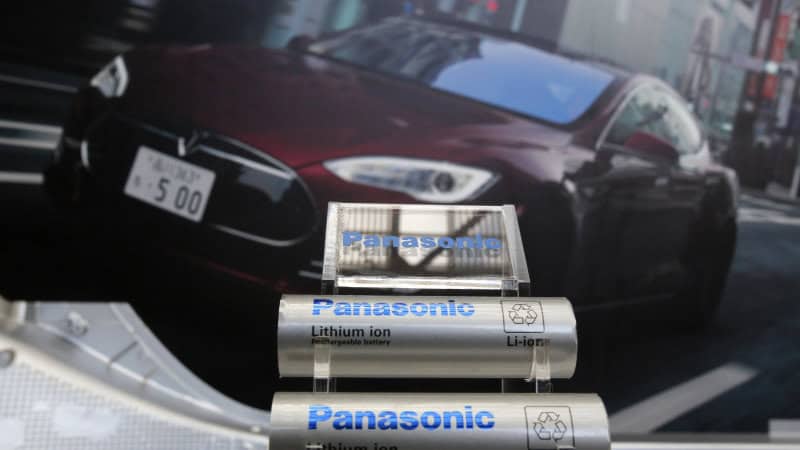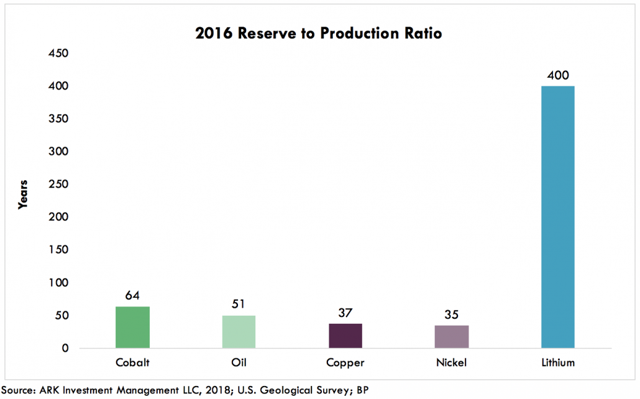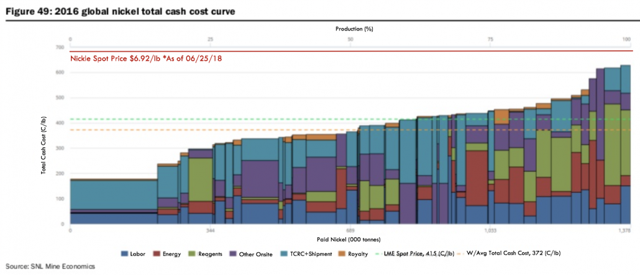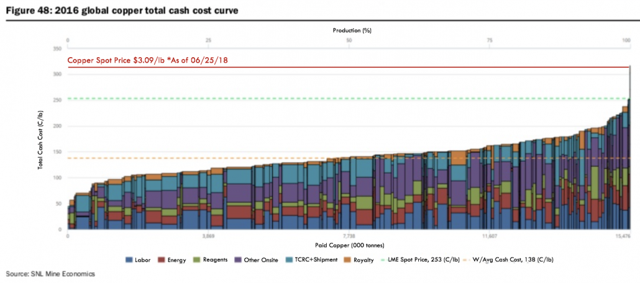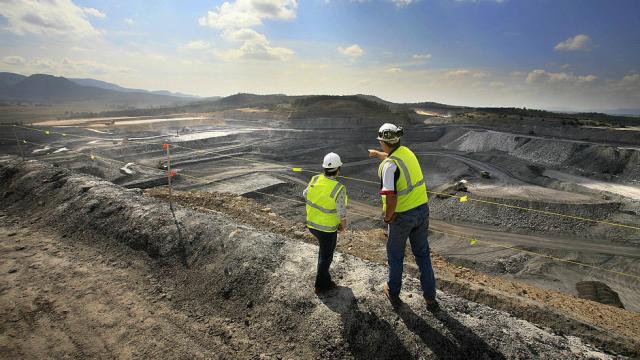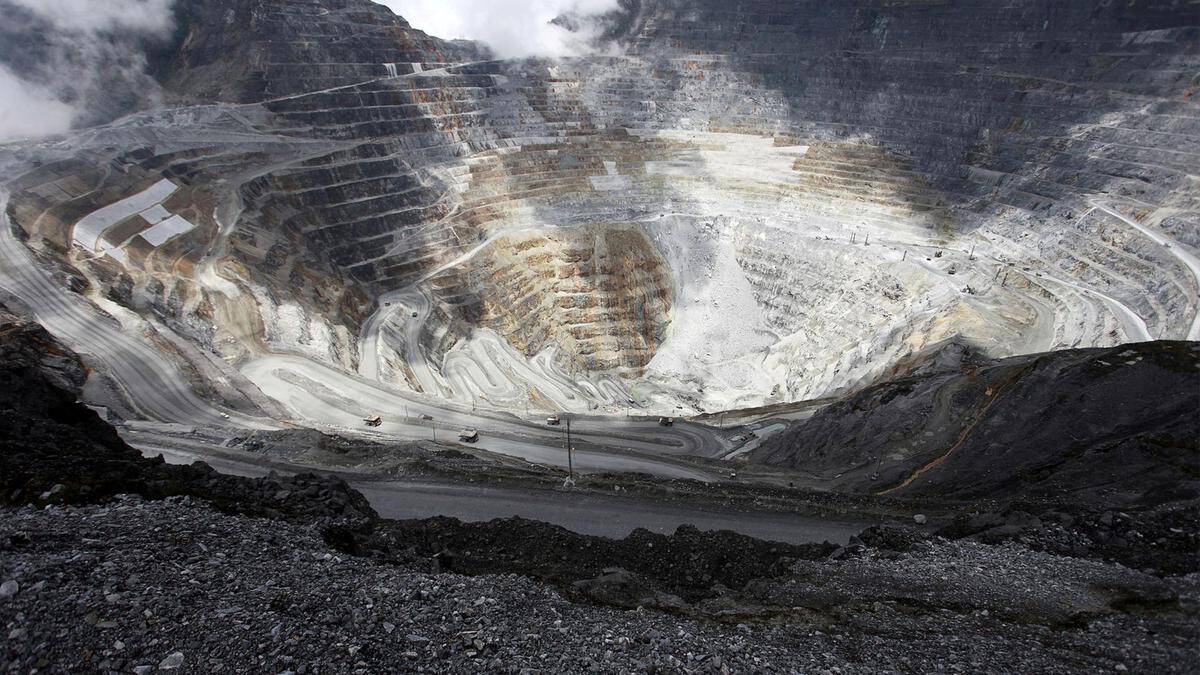
Both Chinese cobalt metal and salts prices trended lower at the midweek pricing session due to weak demand and an urgency among sellers to square books at the half-year end.
Metal Bulletin’s Chinese cobalt metal price narrowed to 540,000-550,000 yuan per tonne (approximately $31.99-32.59 per lb, China VAT-free) on Wednesday June 27 from 540,000-560,000 yuan per tonne on June 22.
The Jinchuan Cobalt brand has been quoted and traded at about 540,000-545,000 yuan per tonne, while imported units, such as Chambishi, have traded at about 545,000-550,000 yuan per tonne.
Falling local futures prices continue to dampen market sentiment and subdue spot quotations.
The July cobalt contract price on the Wuxi Stainless Steel Exchange, the only exchange which trades cobalt contracts in China, closed at 492,000 yuan per tonne on June 27, compared with 549,000 yuan per tonne two weeks ago.
Softening international cobalt metal prices have resulted in massive selling activity on the exchange in the past two weeks.
“Even stubborn longs are liquidating their positions. Sentiment was further weakened in the spot market,” a trader said.
The fall in Metal Bulletin’s low-grade cobalt price, which serves as a basis for Chinese cobalt producers to calculate raw materials import costs, has accelerated since late May. The benchmark was assessed at $40-41.25 per lb on June 27, compared to a multi-year peak of $43.7-44.45 per lb on April 25, representing a plummet of nearly 8% in two months.
But some market participants told Metal Bulletin Chinese cobalt metal prices may have reached a bottom because high raw materials costs will prevent refineries from dropping offer prices any lower.
Chinese refineries usually have raw materials stocks which enable them to maintain operations for at least three months. Therefore, the metals they are selling at the moment were produced from raw materials purchased approximately three month ago, market participants told Metal Bulletin.
The average price for Metal Bulletin’s low-grade cobalt benchmark was $40.86-42.38 per lb in March.
“Refineries are now bearing raw materials costs of about 600,000 yuan per tonne,” a cathode materials producer said.
As a result, Chinese cobalt metal producers are either choosing to sell more in the international market or reduce production to avoid losses.
“We are producing less metal than before, and are selling most of our products to the overseas market so that we can still secure some margins,” a cobalt producer said.
Cobalt salts prices
Further downstream, both cobalt tetroxide and cobalt sulfate prices have edged lower after having managed to hold steady for three weeks.
The Chinese cobalt tetroxide price dropped to 420,000-450,000 yuan per tonne on Wednesday, down 2.2% from the previous assessment of 430,000-460,000 yuan per tonne.
Similarly, the Chinese cobalt sulfate price, calculated as an adjustment to Metal Bulletin low-grade cobalt price at 20.5% Co basis, was assessed at a discount of $1.28-1.57 per lb on Wednesday, widening from $1.07-1.37 per lb in the last pricing session.
Domestic cobalt sulfate has been traded and offered at about 112,000-117,000 yuan per tonne, according to data collected by Metal Bulletin.
“We see cobalt tetroxide and sulfate prices having stabilized since the start of June, but they are still softening even though the pace of the downswing has been limited,” the cathode materials producer said.
“Refineries intended to hold quotations steady, but we are approaching the end of the first half of the year and some refineries have to sell units cheaply to achieve sales targets and square their books at the half-year point,” a second cobalt producer said.
Further pressuring cobalt sulfate prices is materials produced from cobalt scrap, which are quoted at much lower prices than those produced from cobalt intermediates or concentrates.
The rally in international cobalt prices over the past year is accelerated the adoption of cobalt scrap in China in the production of various cobalt products, especially cobalt sulfate. This is widely used to produce cathode materials for batteries in electric vehicles.
Cobalt sulfate produced from scrap has been quoted at under 110,000 yuan per tonne this week. Refineries who feed on intermediates or concentrates still aim to sell cobalt sulfate at above 115,000 yuan per tonne due to high raw material import costs.
“Despite efforts to hold quotations steady, we have constant pressure from cheap material produced from scrap. And no one can tell exactly how widely cobalt scrap has been adopted in cobalt sulfate refining,” a cobalt sulfate producer said.
